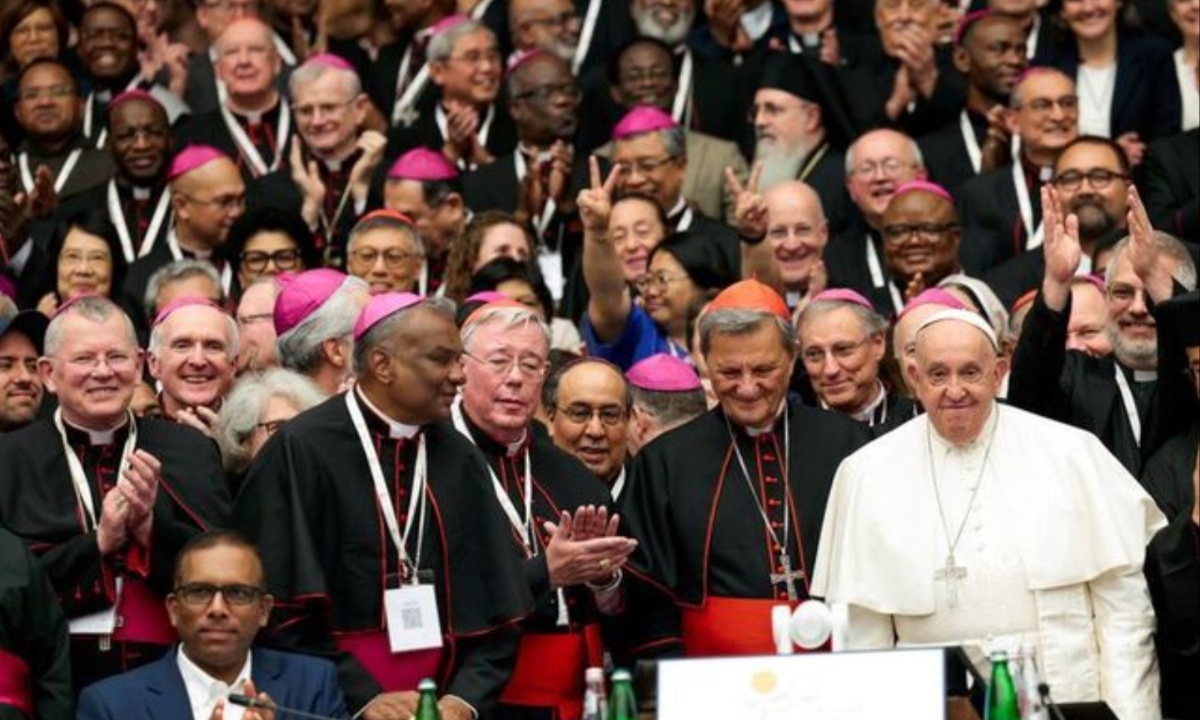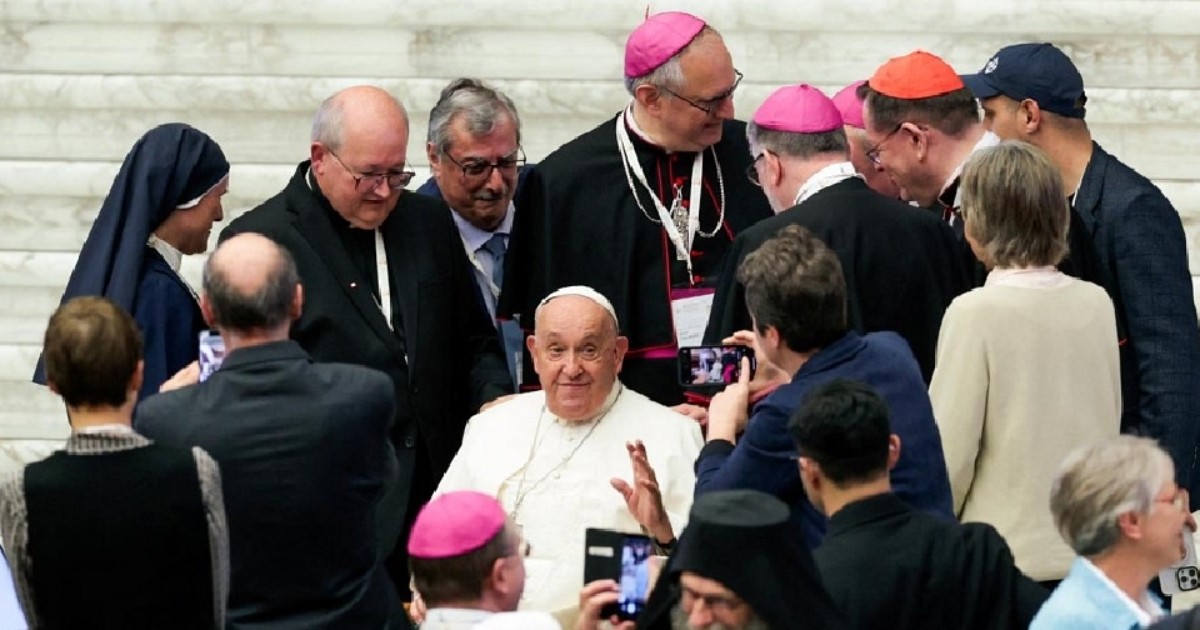The recent Vatican summit has concluded after a month-long discussion that emphasized the importance of increasing women’s leadership roles within the Catholic Church. However, the assembly did not endorse the ordination of women as priests, a decision that had been anticipated by some progressive factions at the beginning of the synod.
This gathering represented the culmination of a four-year consultation aimed at incorporating the perspectives of Catholics worldwide, with Pope Francis including nearly 60 women among the 368 voting delegates—marking a significant step toward inclusivity.
Throughout the synod, all 151 proposals were subjected to voting, and each received the required two-thirds majority for passage. Despite this consensus, the proposal advocating for expanded leadership roles for women received the highest number of dissenting votes.
This outcome reflects the ongoing challenge the Catholic Church faces in reconciling its traditional male-dominated clerical structure with calls for broader representation and inclusion of women in church governance.

Vatican Synod Wraps Up, Backing Women’s Leadership but Stops Short of Priesthood Inclusion
Advocates for gender equity in the Church had hoped for a step towards allowing women to serve as deacons, a role currently reserved for men. While the final document stopped short of endorsing this measure, it asserted that “there is no reason or impediment that should prevent women from carrying out leadership roles in the Church.” This affirmation indicates a potential for future developments, even as the Church maintains its current stance on ordination.
In addition to discussions surrounding women’s roles, reform groups had expressed hopes for meaningful acknowledgments of the LGBT+ community within the Church. However, the final document largely omitted specific references to LGBT+ issues, aside from a vague acknowledgment of individuals who feel “excluded or judged.” This omission has drawn criticism from advocates who sought more definitive support and inclusivity for the LGBTQ+ population within the Catholic framework.
The synod has evoked mixed reactions, with progressives expressing disappointment over the lack of more substantial reforms, while some conservative factions opposed the summit’s inclusive approach from its inception.
Pope Francis, who views this consultative process as vital for engaging grassroots Catholics in shaping the Church’s future, has faced criticism from traditionalists resistant to these changes. Nevertheless, he has described the final document as a “gift” to the global Catholic community, highlighting the ongoing dialogue about the Church’s direction and leadership in the modern world.











































